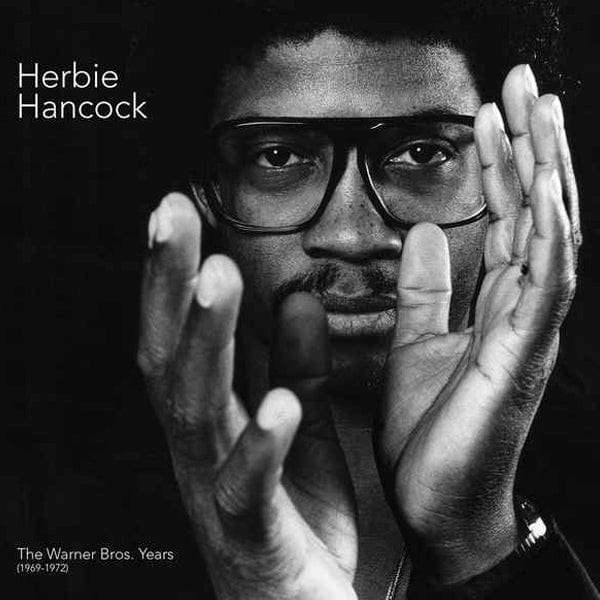Easton on Herbie Hancock
Quote: “The spirit of jazz is the spirit of openness”

Herbie Hancock
“I met Herbie once at a jazz festival, very briefly. I got in touch with his producer because he bought a painting of mine. I almost did a cover illustration for Herbie in the late 1990s. I still hope we could collaborate some day. I have painted Herbie several times.”
Pianist and composer Herbie Hancock is a headstrong phenomenon. A pioneer, that like his masters Donald Byrd and Miles Davis, always followed his own path. He worked with many great jazz icons. But perhaps Hancock’s biggest strength is that he is a connector, in music as well as in cultural and spiritual mindset. Hancock still reaches out to younger generations and enjoys collaborating with them. It keeps him sharp and young at heart. Some of them have been his protégés, such as Robert Glasper, Esperanza Spalding, and Jacob Collier. He is loved for his warm spirit and sincere involvement.
Result is that Hancock’s music stays fresh and new, because he is not afraid to cross genres. Jazz purists therefore sometimes fear his radical approach. Like in 1983, when he released the electronic album Future Shock of which the song Rockit became a hit and reaches a broad audience. But he is also loved for it. Possibilities (2005) and his Grammy Awarded record River: The Joni Letters (2007) – a tribute to Joni Mitchell- were big collaborations with singers from Tina Turner, Leonard Cohen, and Sting to John Mayer, Joss Stone, and Norah Jones. Also, for The Imagine Project (2010) Hancock worked with many great stars like Pink, Seal, John Legend, and Chaka Kahn. For these records he also performed with instrumentalists from all over the world to add specific sounds and flavors from traditional instruments.
Herbie Hancock is an iconic American jazz pianist, keyboardist, composer, and bandleader, born on April 12, 1940. He is one of the most influential and innovative figures in the world of jazz and contemporary music. Hancock's career has spanned over six decades, during which he has explored various genres and styles, including jazz, funk, fusion, electronic music, and classical music.
Hancock gained prominence as a pianist in the 1960s, playing with Miles Davis' Second Great Quintet. He contributed significantly to the development of post-bop and modal jazz during this period. One of his notable works with Davis is the album "Miles Smiles" (1966), where Hancock's piano playing showcased his unique approach to harmony and improvisation.
In the 1970s, Hancock embraced electronic music and funk, leading the influential Headhunters band. The album "Head Hunters" (1973) became one of the best-selling jazz albums of all time and introduced a new direction in jazz, blending funk rhythms with jazz improvisation. This period of his career solidified his status as a pioneer of jazz fusion.
Hancock continued to innovate throughout the decades, experimenting with synthesizers, collaborating with hip-hop artists, and incorporating world music influences into his work. He released groundbreaking albums such as "Future Shock" (1983), featuring the hit single "Rockit," which had a significant impact on the hip-hop and electronic music scenes.
Throughout his career, Hancock has received numerous awards and honors, including multiple Grammy Awards. He remains active in the music industry, continuously exploring new avenues of creativity and collaboration. Hancock's ability to seamlessly blend different genres and his innovative approach to music have made him a revered and enduring figure in the world of jazz and beyond.